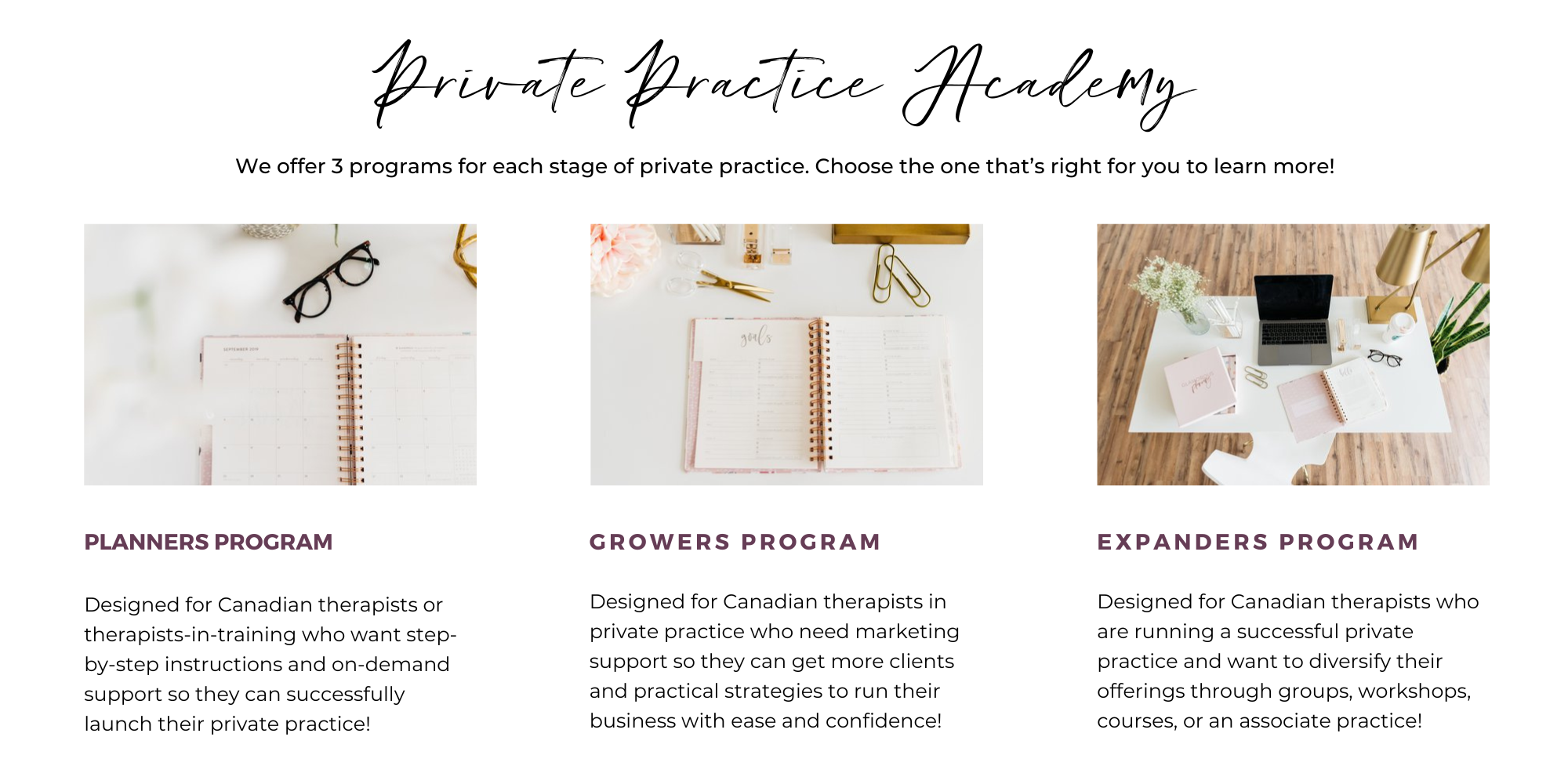How to Incorporate Your Spiritual Practice into Your Work
What is "spiritual practice," exactly?
As a follow up to last week's article, "Does Spiritual Practice Belong in Private Practice?", I've had several people emailing me to ask what I consider to be "spiritual practice."
In response, I'd like to discuss what it means to have a spiritual practice and how, as therapists and counsellors, we might ethically incorporate spiritual practice into our work as practitioners.
For some people, spiritual practices might be religious in nature. I don't consider myself a religious person, but do believe that spirituality is large enough to encompass religion AND the spiritual beliefs and practices that are separate from religion.
I personally define spiritual practice to be anything that helps me to connect with myself and the world around me. I believe I am not separate from the world. I believe that I am more than my body and mind; that I have a spirit or essence that is interconnected with all of life.
When I engage in spiritual practices, I intend to broaden my awareness of my essential nature and understand more deeply who I am. I want to become more aware of my interconnectedness to my family and community, to all of humanity, to nature, and the Universe.
I have considered myself to be a spiritual person for as long as I can remember. Maybe from the time I was 12 or 13 years old and began listening to Alanis Morissette. I remember reading an interview where she had travelled to India and subsequently wrote a song called "Thank U," highlighting our imperfect human nature and the divinity within.
I began practicing yoga and meditating when I was 18 years old. A few years later, I travelled to India myself, where I studied in ashrams, visited temples, and began more seriously pursuing my spiritual studies.
For me, developing my spirituality primarily meant engaging in a dedicated yoga and meditation practice. Over the years, I studied with many different teachers, participated in ceremonies from sweat lodges to chanting to 10-day silent retreats. I studied teachings of yoga philosophy and Hinduism and Buddhism.
When I became a therapist, I took a course in Mindfulness-Based Stress Reduction, studied the work of Jon Kabat-Zinn, and read books by Jack Kornfield, Jon Woodward, Deepak Chopra, Eckhart Tolle, Roger Walsh, Daniel Siegel, in addition to reading "A Course in Miracles."
For years, my daily practice included yoga, chanting, breathing exercises, and focused meditation. In 2015, I attended a Vipassana Meditation retreat and learned about somatic meditation.
Now, I don't hold myself out to be a spiritual teacher or guide of any sort. I'm a registered yoga teacher and facilitate meditation classes, but when I'm with my clients, I am simply their therapist. I do offer concepts in mindfulness, and share a bit about my own spiritual practices as necessary for my client's development. But primarily, I let my clients take the lead when it comes to exploring spirituality within the context of psychotherapy or counselling.
I wholeheartedly believe that exploring our spiritual nature and our relationship with the divine is not separate (nor should be separated) from our psycho-emotional healing journey.
In fact, studies have shown that successful recovery from traumatic experiences often leads one to develop a richer personal and spiritual life. It is not uncommon for people on a path of psycho-emotional healing to become naturally more interested in their fundamental nature and their connection to the natural world.
I view the therapeutic setting as a safe and welcoming place for such exploration. As therapists, I don't believe we need to hold ourselves out to be anything other than who we are – fellow humans, taking on a role of the therapist to provide support to someone's spiritual journey.
If exploring spirituality or developing a spiritual practice is appealing to you, I invited you to check out some of the books by the authors and spiritual teachers I mentioned above. I'm also a massive fan of the work of Reggie Ray, and I recommend visiting the website www.dharmaocean.org. Tara Brach's work is also a wonderful place to start, as is anything offered at the Omega Institute in New York, or the Esalen Institute in California.
I believe that when we therapists take steps to develop our own spiritual path, it becomes easier to support clients who are interested in theirs. I have found that the more connected I am to my spiritual practice, the more I attract like-minded clients. Chances are that you will find the same to be true!
For support in your private practice, attracting new clients, or developing new income streams, I welcome you to schedule a free, 20-minute Business Mentorship Consultation.
p.s. If you need support with your private practice, please schedule a free Business Mentorship Consultation.

